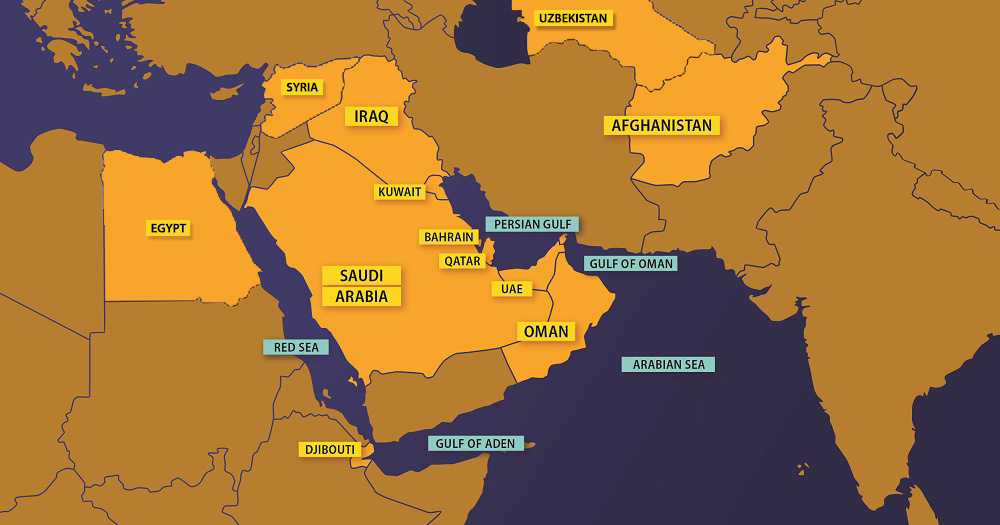Presented By Scioto Valley Dumpsters
(Washington DC)- The Department of Veterans Affairs has added 3 presumptive conditions related to particulate matter exposure
The new presumptive conditions are asthma, rhinitis, and sinusitis. To be eligible for benefits, you must have gotten one of these conditions within 10 years of your separation from active service.
This will expand benefits for Veterans who served in:
- Afghanistan, Djibouti, Syria, and Uzbekistan during the Persian Gulf War, from September 19, 2001, to the present, or
- The Southwest Asia theater of operations from August 2, 1990, to the present
If you have a pending claim for one or more of these conditions, you don’t need to do anything. We’ll send you a decision notice when we complete our review.
For more information about VA benefits and eligibility, or how to file a claim, Veterans and survivors can visit www.VA.gov or call toll-free at 1-800-827-1000.
“Airborne hazard” refers to any sort of contaminant or potentially toxic substance that we are exposed to through the air we breathe. While on active duty, military service members may have been exposed to a variety of airborne hazards including:
- The smoke and fumes from open burn pits
- Sand, dust, and particulate matter
- General air pollution common in certain countries
- Fuel, aircraft exhaust, and other mechanical fumes
- Smoke from oil well fires

VA understands that many Veterans are especially concerned about exposure to the smoke and fumes generated by open burn pits.
In Iraq, Afghanistan, and other areas of the Southwest Asia theater of military operations, open-air combustion of trash and other waste in burn pits was a common practice. The Department of Defense has now closed out most burn pits and is planning to close the remainder.
Depending on a variety of factors, you may experience health effects related to this exposure. Factors that may indicate you have a greater or lesser risk of short or long-term health effects include:
- Types of waste burned
- Proximity, amount of time, and frequency of exposure
- Wind direction and other weather-related factors
- Presence of other airborne or environmental hazards in the area
Researchers, including experts at VA, are actively studying airborne hazards like burn pits and other military environmental exposures. Ongoing research will help us better understand potential long-term health effects and provide you with better care and services.
Many health conditions related to these hazards are temporary and should disappear after the exposure ends. Other longer-term health issues may be caused by a combination of hazardous exposures, injuries, or illnesses you may have experienced during your military service including blast or noise injuries.
Health Care and Benefits

VA understands that exposure to airborne hazards like burn pits is a serious concern for many Veterans. We strongly encourage all Veterans who are concerned about any kind of hazardous exposure during their military service talk to their health care provider and apply for VA health care.
VA health care is also available for free to combat Veterans for five years after separation to help ensure continuity of care for health issues related to their military service. If you are enrolled in VA care, you can contact your facility’s Environmental Health Coordinator for more information and resources.
Veterans can also file a claim for compensation and benefits. If you participate in the Airborne Hazards and Open Burn Pit Registry (AHOBPR), you may save and submit a copy of your registry questionnaire to support your claim. Through the claims process, VA evaluates Veterans’ individual exposures, circumstances of service, and needs.
For more information, CLICK HERE:



More Stories
Heritage Nazarene To Host Tragedy Into Triumph Series
Ross Health District Safe Communities to Host Click It Or Ticket Event
Tick Bite Season Underway in Ohio